Refugee Claim and Hearing
How to submit an online Refugee Claim
To make an inland refugee claim click on the link below for the IRCC asylum online application (eApp) via the IRCC Portal
*Information taken from the Canadian Council for Refugees Front-End Processes FAQ Document, dated April 2023
Access to IRCC Portal
The guide to complete the IRCC Portal
https://www.canada.ca/en/immigration-refugees-citizenship/services/application/application-
forms-guides/guide-0174-inland-refugee-claims-portal.html
Notes about the Portal
All forms must be completed in either English or French.
A claimant may choose to upload an explanatory document at the end of the portal stating that they used Google Translate to complete the application.
Organizations or individuals may have prepared translations of the questions in various languages to assist with the process.
Is it an excellent strategy to add an explanatory letter to say that the portal was completed in unfavourable circumstances.
Only the claims made through the portal are eligible for the temporary public interest policy for work permits.
Always keep a copy of the answers you submitted, and discuss with a legal representative the possibility of amending errors in the portal at or before the eligibility interview. Errors should be corrected, since inconsistencies can have an impact on your refugee claim.
If you have trouble entering the addresses for the past ten years as required, then closely follow the instructions on the portal regarding entering address history, and refer to IRCC’s instruction guide. Common issues that prevent the address history from validating include overlapping entries and gaps in entries. Technical support is available at ircc.asylumtechsupport-supporttechasile.ircc@cic.gc.ca. Incomplete or inexact information in the address history can also be explained in a letter of explanation, uploaded in the document section. Note that the address history should cover any temporary addresses, including when a person is in hiding.
If you move after completing your claim, you must update your address with the IRB.
By email Western Region: RPDWestern-SPRouest@irb-cisr.gc.ca Central Region: RPDCentral@irb-cisr.gc.ca Eastern Region: RPDEastern-SPRest@irb-cisr.gc.ca
Or via IRCC portal https://secure.cic.gc.ca/enquiries-renseignements/canada-case-cas-eng.aspx
Claimants are free to move out of Province after submitting their claim, but should be aware that they might face challenges in getting quick access to legal aid, social assistance and other government services in another Province.
To see if legal aid fees available for counsel during the eligibility phase and assistance with the portal contact your provincial legal aid office to find out.
The BOC normally goes to the IRB, unless you are making an inland claim, in which case it must be uploaded to the portal. If the BOC is not complete, claimants can respond to the portal question about the BOC by uploading the acknowledgement of claim document (or confirmation of referral to the IRB, for One Touch claims).
You need to finish your BOC with your lawyer before your portal registration is done only if you are making an inland claim. In place of the BOC, POE point of entry claimants can upload the acknowledgement of claim document (or confirmation of referral to the IRB, for One Touch claims).
If you are unable to submit the BOC by the deadline due to lack of legal counsel you can ask the Refugee Protection Division of the IRB for an extension.
Application processing times fluctuate.
In order to obtain a work permit individuals must have completed the portal, but not the BOC.
Ready Tours are designed to educate, orient, and support refugee claimants as they prepare for their refugee hearings. If you are a refugee claimant, you can register for and attend a free virtual Ready Tour from wherever you are in Canada.
Settlement/Community workers may also register and attend.
https://myrefugeeclaim.ca/en/ready-tours/
My Refugee Claim is a guide for refugee claimants in Canada.
My Refugee Claim helps you:
get informed about Canada’s refugee protection process
stay connected to people who can help
be prepared every step of the way
